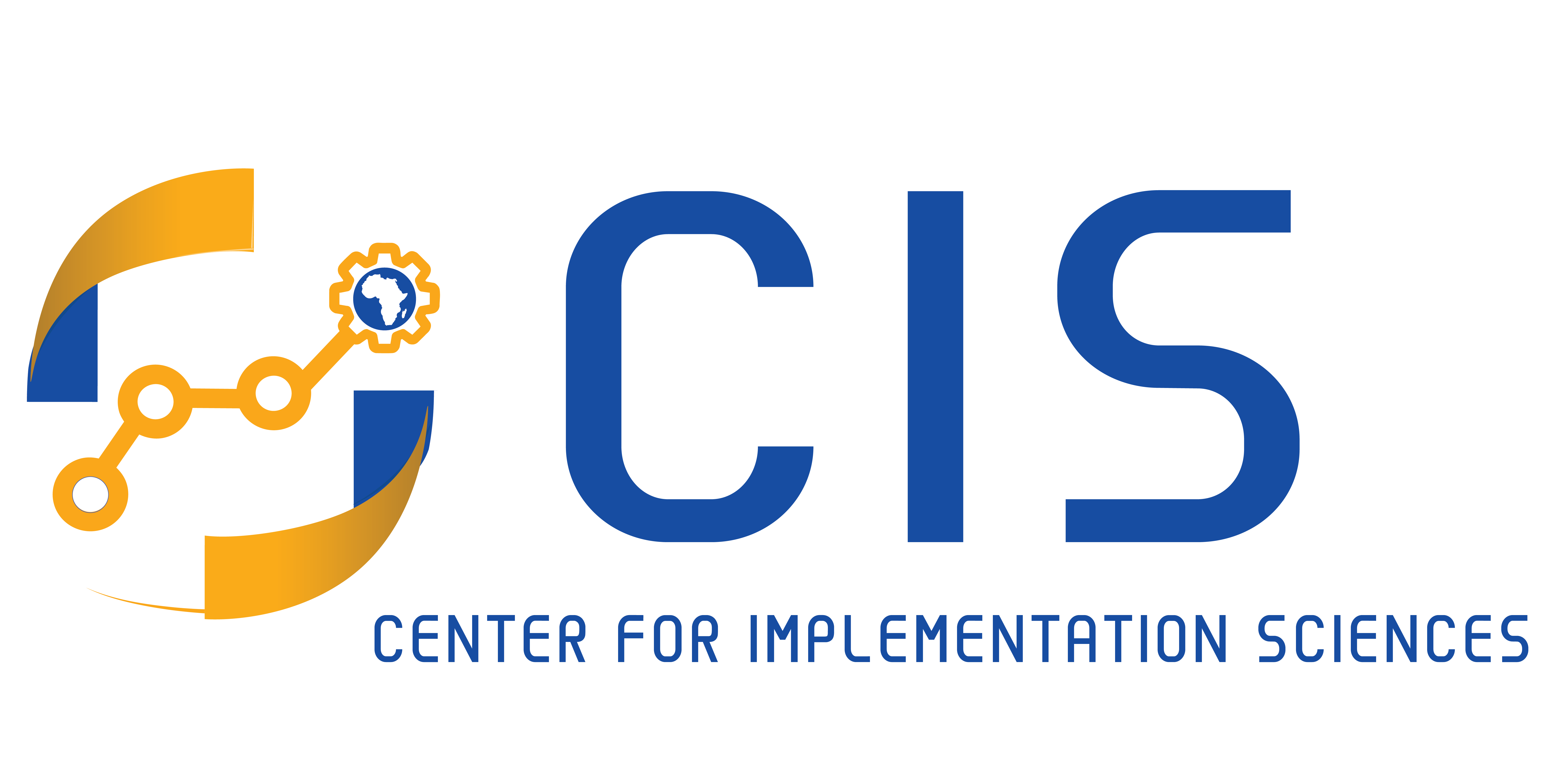Antenatal corticosteroids scale-up implementation research
- Globally, preterm birth related complications remain the leading causes of neonatal death. Over 80% of the world’s preterm births occur in sub-Saharan African and Asian countries. Although antenatal corticosteroid (ACS) is known to reduce the risk of mortality and complications among preterm births and its used in more than 90% of eligible mothers in high income countries. Its use in low-and middle- income countries is low (about 40%).
- The implementation research is a multi-country that will be conducted in four countries, two in Africa (Ethiopia, Nigeria) and two in South Asia (Bangladesh, Pakistan), with a high burden of preterm birth and neonatal mortality.
- The research has two phases which aims to develop and evaluate an optimized implementation model in LMICs that can achieve a high population level coverage of safe ACS use (70%) during phase one. The study also aims to scale up the optimized implementation model and evaluate its impact on coverage of safe ACS use and neonatal during phase two.
- The research is a four and half years project from January 2023 to June 2027. The model development during phase one will be conducted in two adjacent sites; Batu and Meki sites in 2 hospitals and 17 health centers. Scale up of the optimized implementation model will be conducted in 12 hospitals and the catchment health centers in the selected districts in east shewa and north shewa zones.
- To develop and optimize the ACS implementation model, a mixed-methods design that applies both qualitative and quantitative research methodologies will be employed. To design the initial implementation model, a formative research will be used to identify barriers and facilitators for safe ACS use. While implementing the model in routine care settings, concurrent program learning using qualitative research and outcome measurement will be used to improve the model iteratively until a high coverage of safe ACS use is achieved. The final (optimized) implementation model will be developed with the perspective of a wider national or state-level scale-up.
- As preparatory work for the main implementation research, pilot projects were conducted for consecutive eight months from May 1 to December 30, 2022 at the phase one sites of the main project. The objectives of the pilot projects were to understand the ACS indicators measurement issues and to assess the status of the care for preterm and sick newborns.
